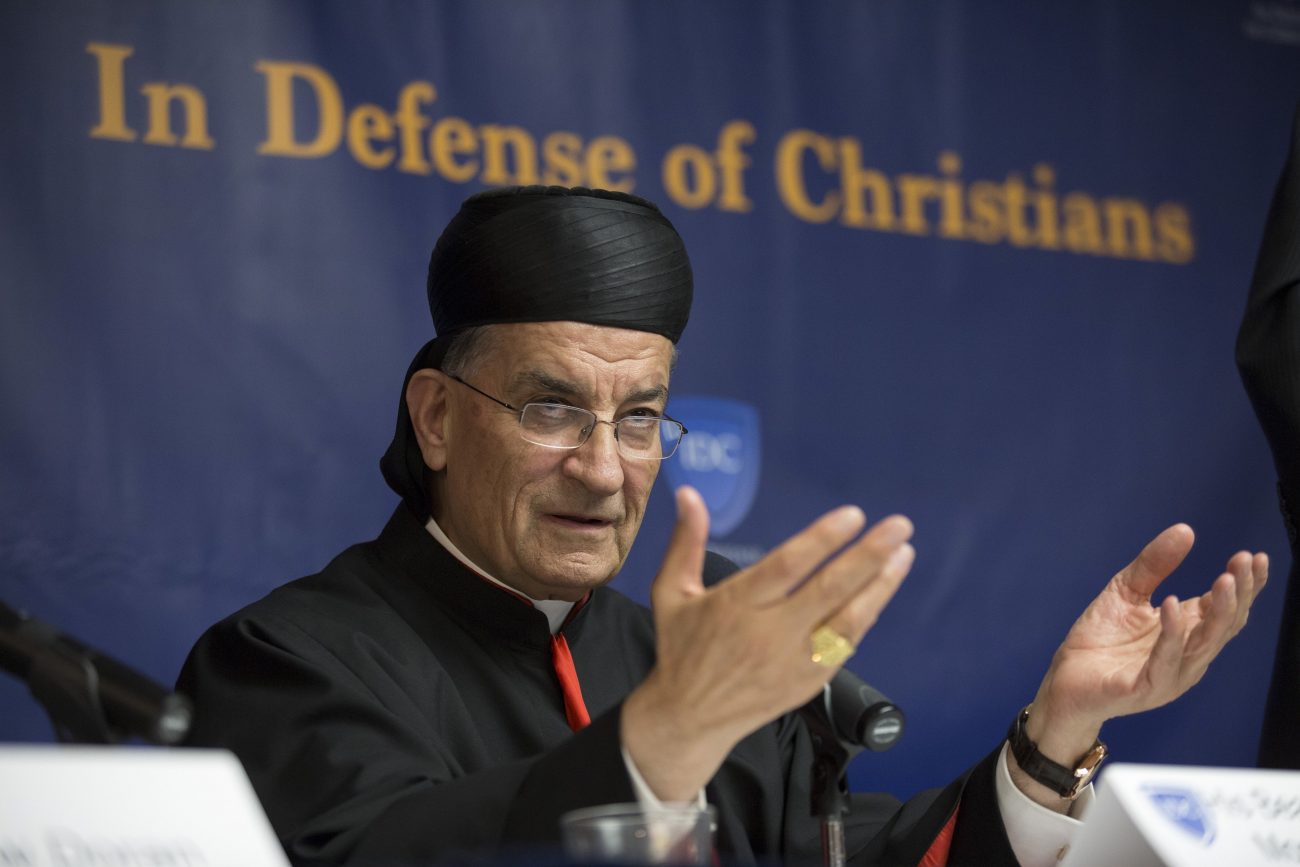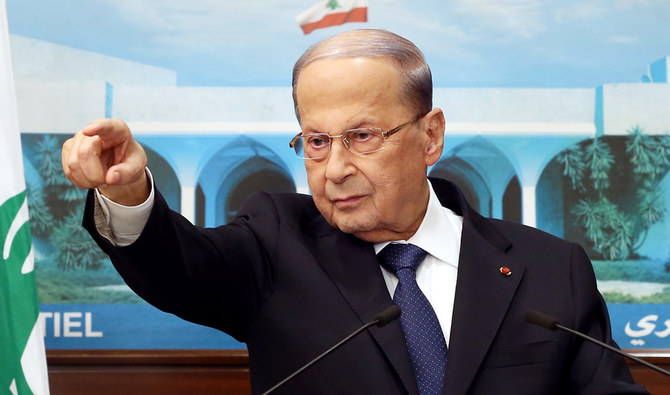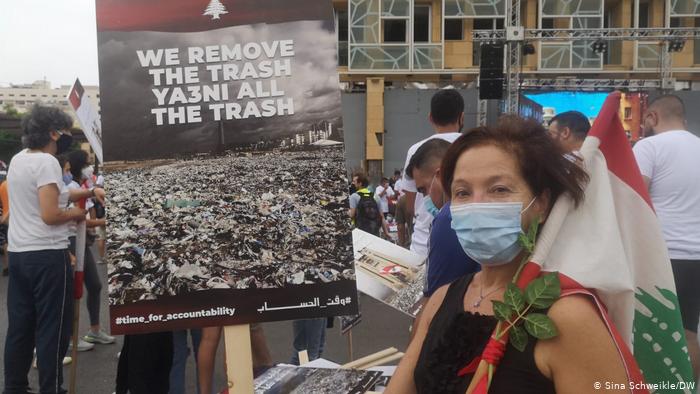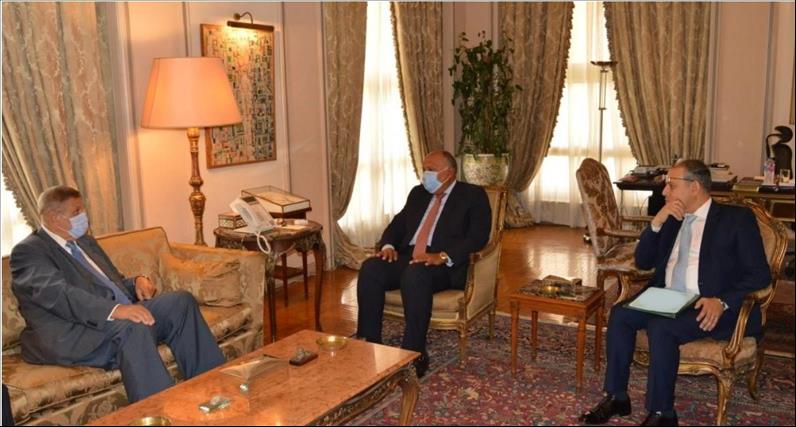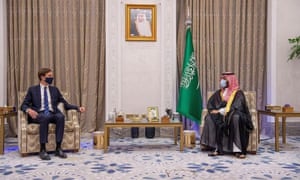
by Martin Chulov Middle East correspondent — theguardian.com — As the UAE and Bahrain prepared to sign a deal to normalise diplomatic relations with Israel this summer, Saudi Arabia – the regional heavyweight – was quietly urging them on. For several months before the deals were signed at the White House, the Saudi crown prince, Mohammed bin Salman, had been laying out his rationale for a pact that would overturn regional policies towards a long-term foe. There were state-of-the-art fighter jets on offer, political favours with Washington to be won and bigger, better access to Donald Trump’s America, with all the connections a nakedly transactional president saw fit to muster. There was also another inducement: if Saudi Arabia’s allies came to terms with Israel first, it would give the Kingdom cover to follow. Such a move would mark a seismic shift in the region’s geopolitics, easily eclipsing Israeli accords with Egypt in 1978 and Jordan 16 years later.
While a pact between Israel and Saudi Arabia is growing closer, Prince Mohammed is unlikely to give Trump what would be his biggest foreign policy achievement before the US election, according to three sources close to the royal court. Instead, the Kingdom is likely to continue its role of urging regional allies across the line – effectively in its s name. Sudan and Oman are firm favourites to strike a deal before the year is out. But the old guard of the region, Riyadh and Kuwait, are likely to bide their time and hold out for bigger prizes. Both countries are ruled by long-term monarchs, now well into their 80s and ailing, and both remain invested in long-term formulas for Arab-Israeli peace, which have been shredded by the region’s younger leaders, such as Prince Mohammed. Addressing the United Nations general assembly on Wednesday, the Saudi monarch, King Salman, stuck to the script of the 2002 Saudi-sponsored Arab Peace Initiative, which had been seen as a template until the past few years. “The initiative provides the basis for a comprehensive and just solution to the Arab-Israeli conflict that ensures the fraternal Palestinian people obtain their legitimate rights,” said King Salman. “At the forefront of which is establishing their independent state with East Jerusalem as its capital.”


